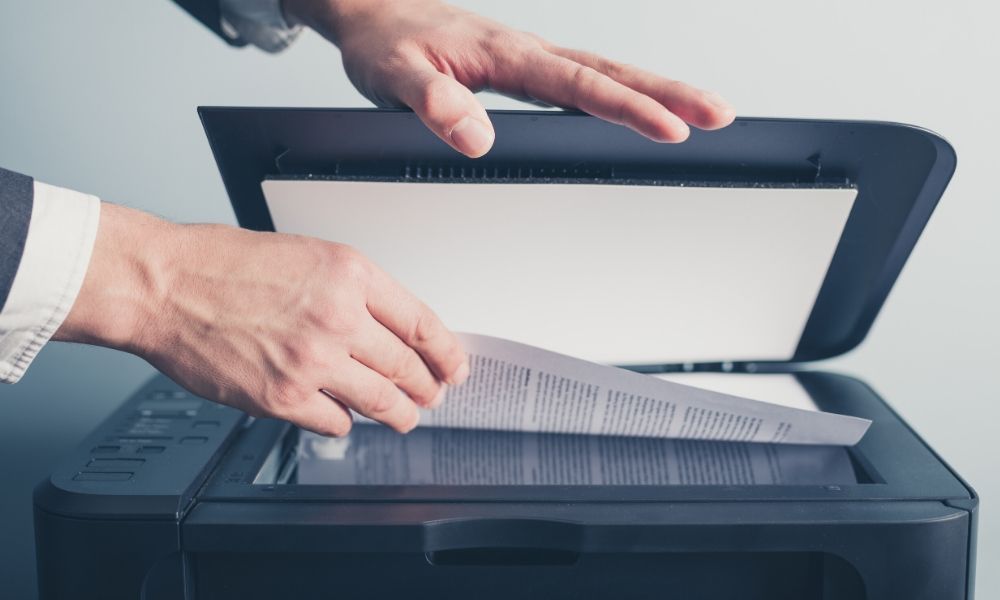No matter your business’s size, the safety and security of its information is essential. If you have proprietary information, trade secrets, or financial documents, you’ve got to keep them safe. Don’t take any chances with your sensitive documents; take the necessary steps to protect them. There are some simple ways to secure your small business documents, so they don’t fall into the wrong hands. We will go over some of them here.
Use eSignatures
It wasn’t that long ago that, to get something signed, you would have to scan, print, and email a document to a customer. They would sign it and do the same, send it back to you, and then it’s signed. Emailing sensitive documents is a slow and vulnerable process. Electronic signature services allow all parties to digitally and legally sign documents. It is much faster and safer than emailing back and forth.
Scan all Documents
Take your boxes of old documents and rows of filing cabinets and scan them all. With technology being what it is, there’s no reason to collect and store years and years of paperwork. Scanning old documents and going paperless is the best way to secure your information. Once the documents are scanned, they can be password protected and they will exist forever. Legal document scanning services will digitize everything and destroy the paper copies. They’re no longer threatened by weather, aging, or physical theft.
Create Internal Handling Policies
Create best practices for the handling of all documents and share them with your team. For anyone who handles sensitive documents, make sure they know what the policy is and how to perform said policy. Small steps like this go a long way toward securing information.
Password Protect the Important Stuff
If you are going to keep important information on your laptop, protect it. Make sure that anything you keep is password protected. Programs like Word and Excel have the option to password-protect documents. In the event that you lose your laptop or it’s stolen, then you know your high-risk documents are protected and won’t be exposed.
Ditch the Paper Receipts
If you are traveling and need to expense things, keeping receipts is a necessity. Use your smartphone to take pictures of the receipts and toss them in the trash. Better yet, have them emailed to you by the store. Having digital receipts makes it easier to send them to accounting—plus, you won’t have to deal with a pocketful of paper.

